As an Amazon Associate I earn from qualifying purchases.
Hey reader friends! As promised, I’m bringing back my book reviews this year. The six books I read in January took me down south to rural Mississippi and up north to the Land of 10,000 Lakes. From Reconstruction to present day Twitterworld, I plowed Kansas farmland and hiked the sea coast in the UK.
For me, January was a month of escape, suspense, humor, and empathy.
Reading. I highly recommend it.
“The world was hers for the reading.”
― A Tree Grows in Brooklyn
May I present, my January book reviews…
Prairie Bachelor:
The Story of a Kansas Homesteader
and the Populist Movement
by Lynda Beck Fenwick
(Biography)
My first read of 2021 was one long-awaited by author Lynda Beck Fenwick. I met Fenwick years ago in a writing class in Dallas. She was working on Prairie Bachelor, having already published via her career as an attorney, and I had just begun to write The Accidental Salvation of Gracie Lee, having never published anything and having no idea what I was doing.
And now—boom—here we are, our paths crisscrossing again.
Prairie Bachelor is the biography of Kansas farmer, Issac Werner. A man ahead of his time, he was a lover of books and education, he strived to improve farming methods, and he supported women’s rights. Covering the period 1884-1895, the story coincides with the detailed journal he kept. His was no ordinary, carry-it-around-in-your-pocket type journal. It was substantial and heavy, an antique ledger book, filled from margin-to-margin with Werner’s cursive writing. Through his journal and author Fenwick’s meticulous research, we intimately glimpse the life of early farmers and politicians.
We should all try to be historians like Isaac Werner.
From the wise words of Confucius—study the past if you would define the future—comes a fitting takeaway for Prairie Bachelor. Many of the religious and political issues that divide us today are not unlike those he faced. Many of the themes found within Prairie Bachelor are still the gospel truth—people were/are simply trying to survive.
As the name of the book suggests, Isaac Werner never married. Sad! He would have made someone a wonderful husband.
For cutting room floor extras, check out Fenwick’s engaging blog about the life and times of Issac. https://lynfenwick.blogspot.com
Favorite quote: Maybe his life was important in some small way, even if his family would never know.
Raynor and Moth have been married thirty-two years when life is disrupted with loss of their farm and his terminal illness. In a spur of the moment decision, they decide to walk the 630-mile sea coast from Somerset to Dorset. Hikers, they are not. Prepared? Not in the least. The truth is they simply don’t know what else to do. Homeless, nearly penniless, they set out on a journey to bide time, figure things out, rediscover themselves.
People do crazy things when they are flat out of options.
I can’t say why I so enjoy true stories of struggle and hardship. Lord knows, I never want to find myself clinging to the edge of a cliff in a flimsy nylon tent. But give me a good book with a sunburned hiker or shipwrecked sailor, and I will cheer on the protagonist(s) from the comfort of my home, until the last page of the story. (And I’ll continue to think about them months and even years later.) What can I say? The fortitude of others inspires me. The things ordinary folks do when pushed into a corner help me imagine a different circumstance for myself. Intertwined with inspiration, The Salt Path includes lovely nature writing and bits of UK history.
Based on word choice and actions, Raynor and Moth seemed much, much older than early fifties. This may have been in part because of the Audible narrator’s gravelly voice, or because I’m fifty-eight, and I don’t think of myself as decrepit as they sometimes sounded. Also, anytime they scrounged up a few coins they bought fudge. They practically survived on fudge. I wanted to scream, “No! Beans and rice would be a better decision!” But that’s easy for me to say while eating SkinnyPop from my couch.
Favorite Quote: Life is now, this minute, it’s all we have.
The Book of Lost Friends
by Lisa Wingate
(Historical Fiction)
The Book of Lost Friends is two related stories braided together. Story One (1875): Hannie, a freed slave, along with half-sisters Lavinia and Juneau Jane, journey from the Gossett plantation in Louisiana. Each girl is searching for something lost. Story Two (1987): Benedetta Silva, a first-year teacher in Augustine, Louisiana, struggles to reach her impoverished, unmotivated students. When the class embarks upon a heritage project, connections are made.
Yes, a theme of lost and found flows throughout this book.
Lisa Wingate (author of Before We Were Yours) is a masterful storyteller and wielder of a vividly writing pen. Although I’m not a huge fan of stories that flip back and forth between people and time period, I am intrigued by the idea of a specific place and the people who have passed through it. In tackling this project, Wingate created a sense of traveling back in time.
And, oh my heart, the Lost Friends ads… This is a part of history I knew nothing about. Imagine a sister or child or mother sold and never seen again. Imaging trying to find said family member by placing a Lost Friend ad in a newspaper during Reconstruction. Imagine hoping someone somewhere might recognize a name or description.
Lisa Wingate makes the unimaginable imaginable.
Something odd to me: the very, very end of the story, (seriously, the last page) had a revelation that felt completely out of sync and unnecessary. It was so strange, in fact, I thought I had missed something at first. If you read this book, I’ll be curious to see what you think about this specific element of the story.
While The Book of Lost Friends didn’t pack the punch of Before We Were Yours—isn’t that’s expecting way too much?—it is definitely another Wingate historical gem.
Favorite quote: Stories change people. History, real history, helps people understand each other, see each other from the inside out.
As a fangirl of Kruger’s novels, Ordinary Grace and This Tender Land, I was excited when my book club selected Iron Lake for January. Iron Lake is the first of seventeen books in Keuger’s Cork O’Conner crime series.
What reader doesn’t love a good series?!
The story is set in small-town Aurora, Minnesota, where the lake country may be frozen solid but conspiracy and corruption are running mighty hot. Ex-sheriff Cork O’Conner is determined to solve a string of fresh mysteries including the untimely death (suicide?) of the ex-Judge and a missing Boy Scout. Other characters include Indigenous people, semi-slimy city officials, an estranged wife, and O’Conner’s younger girlfriend. Toss in a bit of folklore with the mythical Windigo, and the story has a bonus character/creature and an extra layer of suspense.
I’m not a crime story reader, and rarely even read mysteries. (See, this is one of the great things about book clubs—I read books I wouldn’t necessarily read.) Iron Lake was written in the 1990s; Krueger has been writing this series since then, with the eighteenth book in the series launching in August. I’m curious about what happens next with the characters, and I plan to continue on with the series.
By the way, I listened to the Audible version of this book, and at times the tone and mood created by both the story and the narrator was reminiscent of the 1960s police show Ironside. So in a way, the book felt pleasantly nostalgic to me.
Favorite Quote: What life gives us, good or bad, we seldom deserve.
(Memoir/Humor)
Are you kidding me? I can’t believe someone would write something so witty and publish under the name Anonymous???
Okay, time to confess. I wrote it. No, really. I am Duchess Goldblatt.
Prove me wrong.
Becoming Duchess Goldblatt is the true story of a writer who created a fictional Twitter persona (Duchess Goldblatt) during a dark time in her “real life”, developed an impressive following (including amazing people like Lyle Lovett), and entertains the masses through her humor, inclusiveness, and kindness. And only a handful of people know her real identity.
The memoir is a quick read that melds her personal struggles with the imaginative outlet she created. And my, what a devilishly creative wordsmith Anonymous is!
No joke, I was a keystroke away from deactivating my Twitter account (because it has become chockfull of negativity and aggravation) when—boom—I discovered Duchess Goldblatt. Now I can’t leave Twitter until Duchess Goldblatt leaves Twitter.Now, I’m going to buy ten copies of her book and give one to every friend who hasn’t yet snoozed me on Facebook (because, sorry/not sorry, I simply can’t abide with conspiracies and bigotry.) Neither would Duchess, I feel certain.
If you are hanging by a Twitter thread, the Duchess will give you reason to keep hanging.
Favorite Quote: Writers can be a lot of fun at parties, but word to the wise: Keep an eye on your good memories. They’ll strip them down for parts.
Jesmyn Ward brings the gritty, sultry, rural Mississippi Delta alive by honoring five young black men who died tragically in the span of a few years.
Roger Eric Daniels III
Demond Cook
Charles Joseph Martin
Ronald Wayne Lazana
Joshua Adam Dedeaux
These young men were friends/family of the author, all human and fallible and real, all near her age. Ward writes from her soul, from a place of knowing, from a wounded, grief-filled place most of us will fortunately never see or touch or experience.
Men We Reaped is structured into five sections, one section for each man, each its own essay/story. At times the memoir reads like poetry, at times a meditation, always a lament. Heartbreaking and eye-opening, sometimes repetitive because the death of Ward’s friends is repetitive, Men We Reaped provides a bridge to better understanding racism, income inequality, and the cycle of poverty.
Who should read this? Everyone.
Who will read this? Those who want to chip away at the complicated subject of racism, working to understand a tiny bit more each day.
That’s it for my January book reviews. I hope you are inspired to read a new-to-you author, maybe spend a few minutes imaging what it might be like to live a different life, or maybe simply give a book as a gift to someone.
If I could, I would give everyone the gift of reading. It sounds lame, I know, but books are my friends (like plants). Reading provides a constant companion, comfort during times of stress, entertainment without leaving the house, and insight into those with different experiences.
For ease of shopping, I have included Amazon links below. I get commissions for purchases made through these links. A girl needs book money, y’all. (Although I always recommend you support your local library first.)
Farm. Food. Garden. Life.
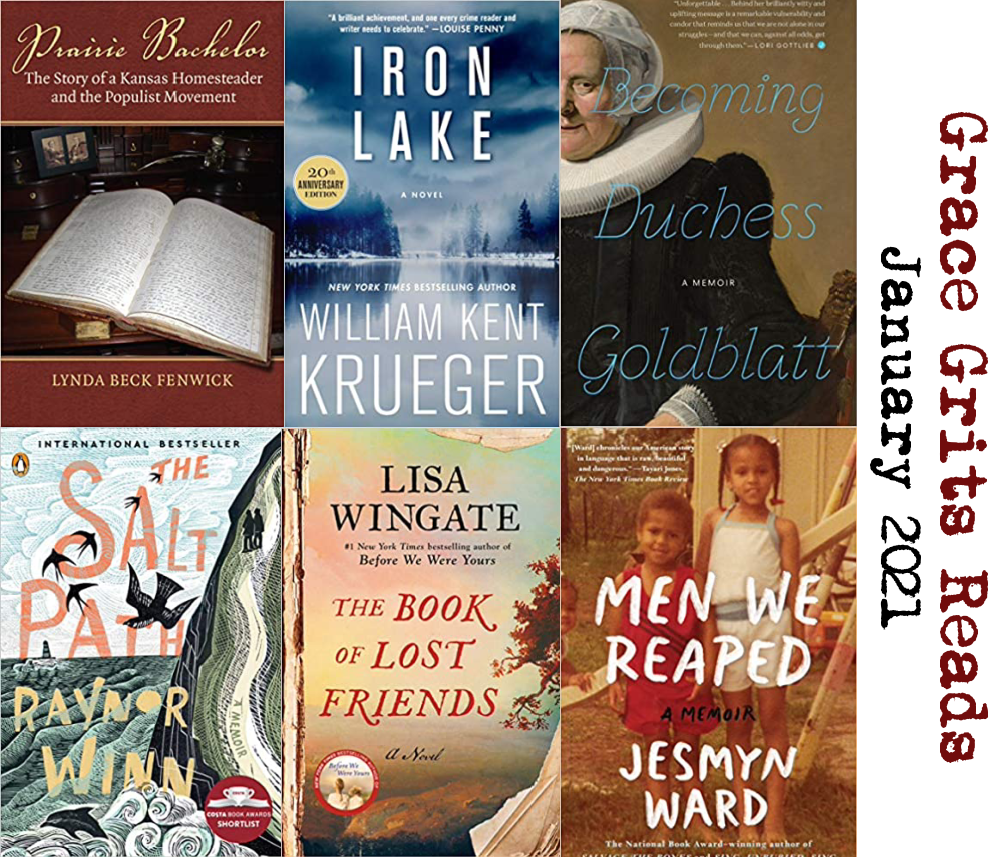
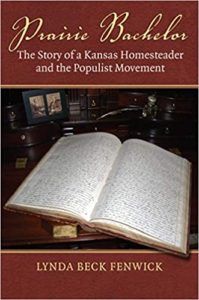
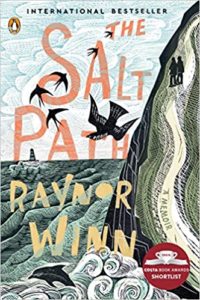
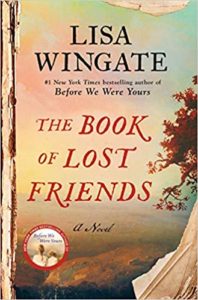
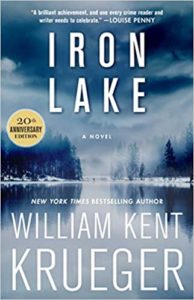
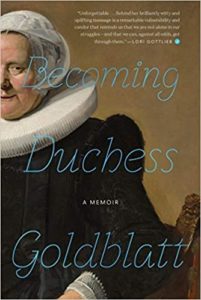
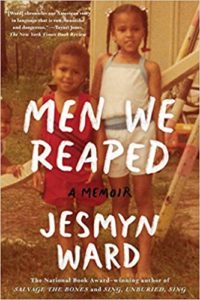









So many books out there! And thank you for providing more to contemplate. I finished American Dirt this weekend, keeping my earbuds in at the end for long periods of time to see how it turned out. Very glad I read it, can’t say “enjoyed it” due to the content, but I couldn’t put it down and appreciated the perspective it gave me.
Yes, it was definitely a thought-provoking book. We had a great discussion about American Dirt in book club.
Thank you for the wonderful review of “Prairie Bachelor.” Your recommendation means a lot to me. I thought you might like to know that the first printing of the hard cover sold out in less than a month, but it is already back in stock. Thank you also for mentioning the blog. It includes more of the research about the history of that era that just wouldn’t fit into the book. What a lucky meeting years ago in Dallas! Lucky me.
You are very welcome. You are to be commended for your research and for telling Isaac’s story. I thoroughly enjoyed it and am so glad our paths crossed! I really enjoy your blog. So many interesting things there!